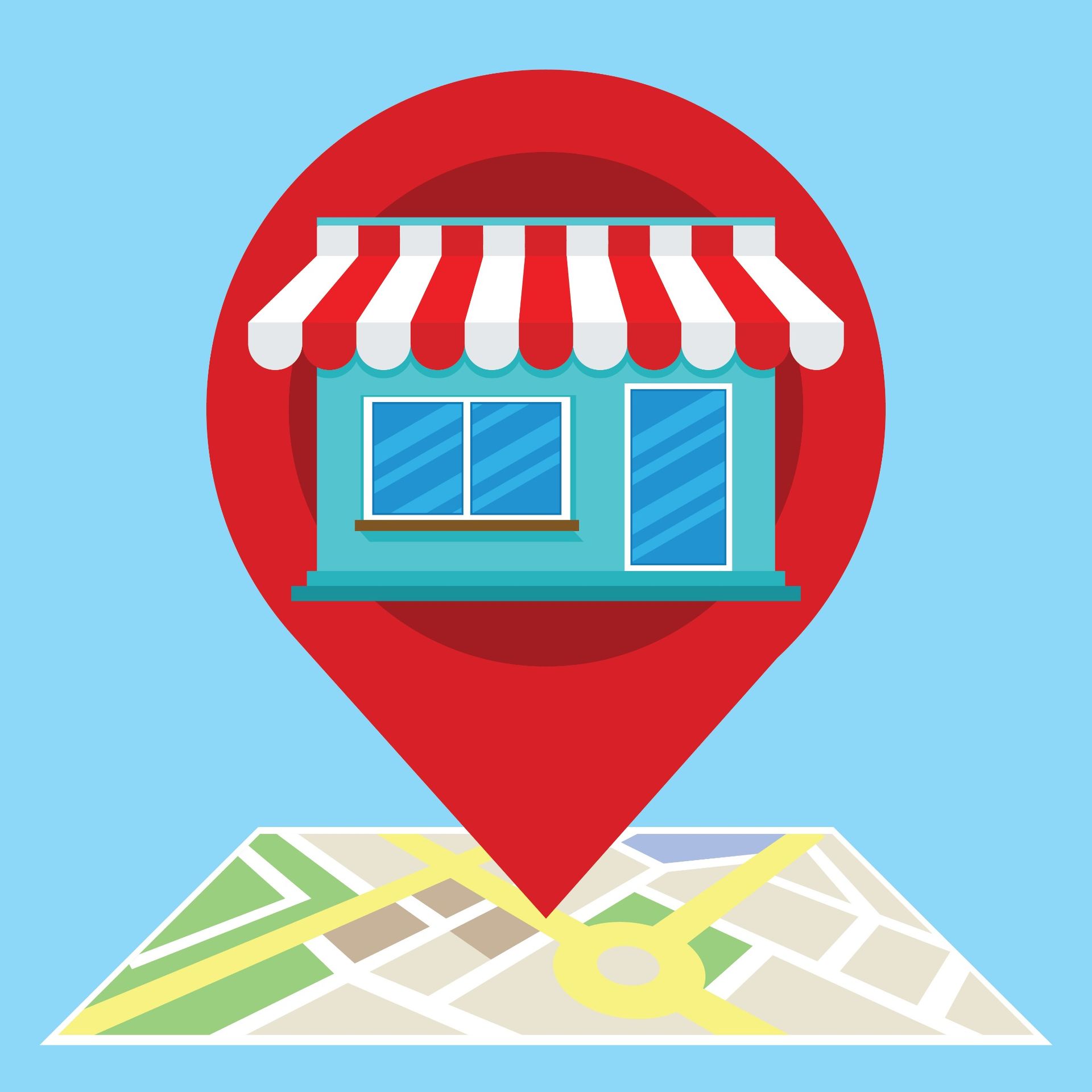5 Popular Types Of Websites: Which One Is Best For Your Business?
When it comes to building an online presence, choosing the right type of website is crucial. Whether you're starting a new business or looking to enhance an existing one, the website you create can make a significant impact.
There are various types of websites, each designed for different purposes and audiences. Some are great for showcasing products, while others focus on providing information or services.
In this blog post, we will explore five popular types of websites. This guide will help you understand what each type offers and how to determine which one is best suited for your business needs.
Brochure Websites
Brochure websites serve as a digital version of a traditional print brochure. They provide essential information about a business, including its services, contact details, and location. While they are often straightforward and easy to navigate, brochure websites can effectively establish an online identity for small businesses or those just starting out.
Key Features of Brochure Websites:
- Simple Design: Typically consists of a few static pages.
- Contact Information: Clearly displays how customers can get in touch.
- Service Overviews: Lists the products or services offered without delving into detailed descriptions.
- No E-commerce: These websites do not facilitate online sales, making them less complex to set up.
E-commerce Websites
E-commerce websites represent a significant advancement in online business, allowing companies to sell products or services directly to consumers over the internet. In today's digital economy, these platforms have become essential for businesses seeking to reach a wider audience and boost sales.
Key Features of E-commerce Websites:
- Product Listings: Each product has its dedicated page with images, descriptions, and prices.
- Shopping Cart Functionality: Users can add multiple items to a cart, facilitating a smoother shopping experience.
- Secure Payment Processing: Offers various payment options, ensuring customer security and trust.
- Customer Reviews: Enables user feedback, which helps in building credibility and influencing potential buyers.
- Inventory Management: Tools for tracking stock levels, which can help avoid overselling or stocking issues.
Portfolio Websites
Portfolio websites are essential for professionals and creatives looking to showcase their work and attract potential clients. Whether you're a photographer, graphic designer, writer, or artist, a well-designed portfolio website serves as a powerful tool for marketing your skills and expertise.
Key Features of Portfolio Websites:
- Visual Showcase: These sites prominently feature images, videos, and other media to highlight your best work.
- About Section: A personal introduction that helps visitors understand your background, skills, and artistic philosophy.
- Contact Information: Easy-to-find contacts encourage potential clients or collaborators to reach out.
- Testimonials: Include reviews from satisfied clients or collaborators to build credibility.
- Blog or Updates: Some portfolios include a blog section where you can share insights, project updates, or industry-related content, thus driving more visitor engagement.
Blogging Websites
Blogging websites have emerged as a powerful medium for individuals and businesses to share their thoughts, experiences, and expertise. They not only provide a platform for personal expression but also play a crucial role in driving traffic and generating leads. For businesses, integrating a blog into their website can enhance engagement and improve search engine optimization (SEO).
Key Features of Blogging Websites:
- User-Friendly Interface: Designed for easy posting and navigation, making it accessible for users with minimal technical skills.
- Categories and Tags: Organize content effectively, enabling readers to find specific topics of interest quickly.
- Commenting System: Fosters community interaction by allowing readers to share their thoughts and engage in discussions.
- Social Sharing Options: Integrates buttons for sharing posts on social media platforms, expanding reach and visibility.
Directory and Contact Websites
Directory and contact websites serve a unique purpose by connecting users with businesses or services in a specific area or industry. These types of websites are especially beneficial for service-based businesses, community organizations, or event planners looking to provide comprehensive information about different options available to users.
Key Features of Directory and Contact Websites:
- Search Functionality: Users can easily find specific services or businesses through a search bar, enhancing user experience.
- Listings: Each listing can include essential information such as business name, contact details, service offerings, and reviews.
- Categories: Businesses are organized into categories, making it simple for users to navigate and discover options quickly.
- Map Integration: Incorporates maps to show the location of businesses, helping users understand where services are located.
Are you ready to take your online presence to the next level?
Choosing the right website type is crucial for small businesses looking to establish a strong online presence. By understanding the various options available and their respective advantages, you can make an informed decision that aligns with your business goals.
Remember, a well-designed website can be a powerful tool in attracting and retaining customers, enhancing your credibility, and driving sales.











